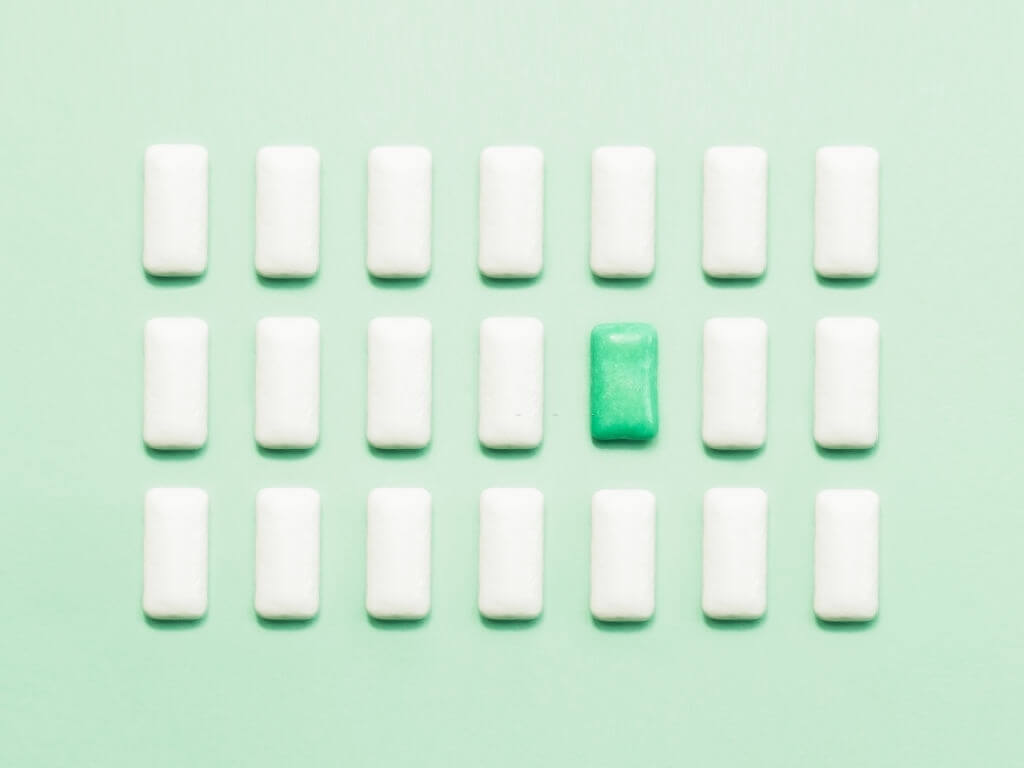Chewing gum after heart surgery may help people feel better and be discharged sooner than those who do not employ this generally safe and straightforward remedy.
According to a study presented today at The Society of Thoracic Surgeons’ 18th Annual Preoperative and Critical Care Conference, chewing gum after heart surgery may help patients feel better and possibly be discharged sooner than those who do not employ this typically safe and simple intervention.
After Heart Surgery, Chewing Gum Can Help With Digestive Issues
Many patients keep on worrying after such a surgery that leads to deterioration of their health. Keeping chewing gum and chewing the same can help one think something different and keep himself away from panic and anxiety which have a direct relationship to mental and heart health.

There had been no previous published research looking at the use of chewing gum in heart surgery patients before our investigation, but we discovered that it may hasten the recovery of gastrointestinal function.
The survey was conducted by experts on a number of patients who were checked with different data and different intervals and recorded for their health with the habit of having chewing gum regularly said an expert.
Patients at Crozer-Chester Medical Center who had elective open-heart surgery, aortic valve replacement, or mitral valve repair/replacement were studied by Dr. Seng and colleagues. One group included 341 patients who had surgery between 2017 and 2020 and followed the sugarless chewing gum routine afterward.
The second group of 496 individuals underwent comparable cardiac surgery between 2013 and 2016, but they did not chew gum afterward.
Only two gum-chewing patients (0.59 percent) suffered postoperative ileus, while 17 non-gum chewing patients (3.43 percent) developed postoperative ileus, which is defined as a lack of regular muscle contractions.
According to Dr. Seng, this temporary shutdown of the digestive system is one of the most common problems following cardiac surgery, happening in up to 5.5 percent of patients.
As a result, patients may face discomfort, a slower recovery, and longer hospital stays, resulting in increased physical, mental, and financial stress.
The development of an ileus, or a sluggish recovery of bowel function, is an unappreciated risk following heart surgery “Rakesh C. Arora, MD, Ph.D., of St. Boniface Hospital in Winnipeg, Manitoba, Canada, who was not involved in the study, said.
“It’s really attractive to think that something as easy as chewing gum after heart surgery could help to alleviate this condition. Less than one in every 100 patients who had heart surgery and were given one piece of gum to chew after coming off the ventilator had an ileus. When compared to the historical average, this was a stunning nearly 5-fold drop. This anticipated study will be hotly debated, with plenty to think about.
Chewing gum is said to stimulate the intestines by fooling them into thinking food is on the way. This is referred to as “sham feeding,” which refers to any method that imitates normal food consumption but does not result in food or drink being digested or absorbed.
Postoperative gum chewing, according to the researchers, is an effective and low-cost technique that helps patients feel better after surgery. Patients are more inclined to participate in their own recovery and be discharged sooner when they are feeling better.
The use of chewing gum after heart surgery should be strongly explored as a new standard of treatment, given the negligible risk and extremely low cost of this intervention “Dr. Seng stated in his report.
Consult your surgeon regarding the possibility of chewing gum following surgery. Almost everyone may benefit from a pack of gum that is inexpensive, sweet, and refreshing.